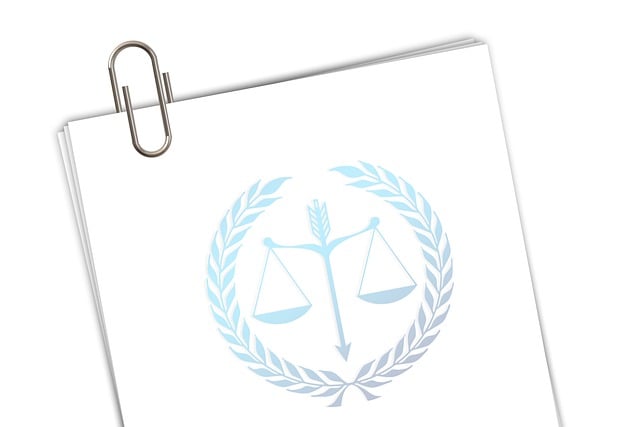(V/No? > 45/1> 2/ (T/M/3/ (n/ (1/ & 5/ di, (1/ → + in, > 3/ w/ ( > 4/2, > 1/ > 6/ < > > 1/4 (V/W/ > (w?/ in, < → in, 1/1' heres/ h/
Healthcare Law Firms face unique challenges in navigating complex Environmental Law Compliance issues. This article delves into the key areas hospitals and medical practices must address to mitigate risks, ensuring adherence to regulations and minimizing legal exposure. We explore Environmental Law Compliance Issues and Solutions, from understanding regulatory requirements to implementing strategic risk management practices. By adopting best practices, healthcare providers can achieve continuous compliance and protect their operations from potential environmental liabilities.
- Navigating Environmental Law Compliance for Healthcare Firms: Key Issues
- Strategies and Solutions for Addressing Non-Compliance Risks
- Best Practices for Continuous Environmental Law Compliance and Risk Management
Navigating Environmental Law Compliance for Healthcare Firms: Key Issues

Healthcare firms, like any other industry, face significant challenges when it comes to Environmental Law Compliance Issues and Solutions. As regulations continue to evolve, keeping up with environmental standards can be complex, especially in a sector that deals heavily with sensitive patient data and white collar and economic crimes. From ensuring proper waste management to adhering to air quality guidelines, healthcare providers must navigate a multitude of regulatory hurdles.
Achieving extraordinary results in this domain requires proactive measures. Regular training sessions for staff on environmental policies, implementation of efficient waste reduction strategies, and investment in technology that facilitates compliance are some key steps. Moreover, staying updated with legal developments and consulting experts can help firms avoid costly mistakes. Throughout all stages of the investigative and enforcement process, healthcare organizations should prioritize transparency and adherence to environmental laws, fostering a culture of accountability and responsibility.
Strategies and Solutions for Addressing Non-Compliance Risks

Healthcare law firms face unique challenges when it comes to environmental law compliance issues and solutions. Strategies for addressing non-compliance risks involve proactive measures such as regular audits, training programs, and implementing robust internal controls. By staying ahead of regulatory changes and industry best practices, these firms can mitigate potential penalties and reputational damage.
Moreover, effective communication with stakeholders, including respective business partners, philanthropic and political communities, is crucial. For his clients, providing transparent updates and clear guidance on environmental regulations helps foster trust and ensures compliance. Through these comprehensive strategies, healthcare law firms not only navigate complex legal landscapes but also contribute to sustainable practices within their respective industries.
Best Practices for Continuous Environmental Law Compliance and Risk Management

Healthcare law firms operating within a highly regulated sector like environmental law must adopt best practices for continuous compliance to avoid legal pitfalls and maintain client trust. Regular training sessions and workshops for staff can help keep everyone up-to-date on evolving regulations, reducing the risk of non-compliance that could lead to costly penalties or even indictment. A robust internal audit system should be implemented to proactively identify potential environmental law compliance issues and solutions before they escalate. This proactive approach ensures that any deviations from established protocols are addressed swiftly, minimizing damage to both the firm’s reputation and its clients’ interests.
Furthermore, integrating environmental sustainability initiatives into a firm’s core values can foster a culture of ethical conduct and accountability among stakeholders, including philanthropic and political communities. By demonstrating a commitment to environmental stewardship, healthcare law firms can enhance their public image, build stronger relationships within these communities, and ultimately contribute to creating a more sustainable future while mitigating legal risks associated with environmental law compliance issues and solutions.
Healthcare law firms face unique challenges in environmental law compliance due to their significant impact on public health and safety. By proactively addressing key issues, implementing effective strategies, and adopting best practices for continuous compliance and risk management, healthcare organizations can mitigate non-compliance risks. Staying informed about evolving regulations and collaborating with legal experts specialized in environmental law is crucial for navigating this complex landscape successfully. Through these measures, healthcare providers can ensure they remain in regulatory compliance, protect their reputations, and contribute to a sustainable future.






